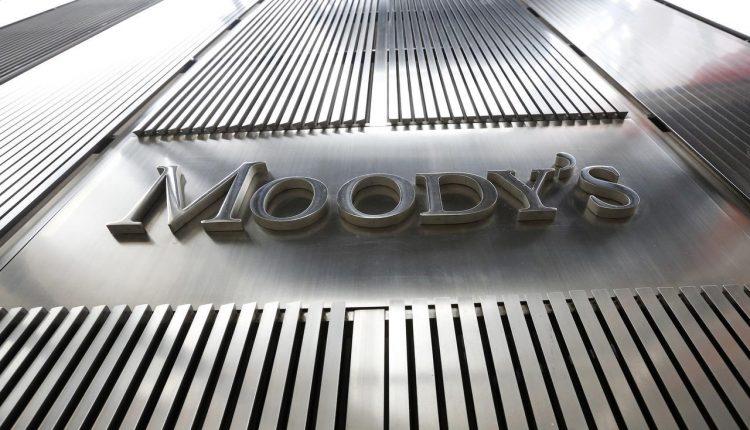Limassol, May 16, 2023 — Moody’s Investors Service (“Moody’s”) has today placed on review for downgrade the long-term deposit ratings for all Moody’s rated banks in Egypt: the B3 long-term local and foreign currency deposit ratings of National Bank of Egypt SAE (“NBE”), Banque Misr SAE (“BM”), Banque Du Caire SAE (“BdC”) and Commercial International Bank (Egypt) SAE (“CIB”), as well as the B2 long-term local and foreign currency deposit ratings of Bank of Alexandria SAE (“BoA”). The banks’ long-term Counterparty Risk Ratings (CRRs) and Baseline Credit Assessments (BCAs) were also placed on review for downgrade.
Today’s rating actions follow Moody’s decision to place the Government of Egypt’s B3 long-term issuer ratings on review for downgrade on 9 May 2023. For further information on the sovereign rating action, please refer to Moody’s press release: https://ratings.moodys.com/ratings-news/402477. This decision reflects the sovereign’s increasing liquidity and debt affordability risks. Slower than anticipated progress with the state-owned asset sale strategy risks undermining Egypt’s financing plans, weakening the sovereign’s foreign exchange liquidity, eroding confidence in the currency and exacerbate debt affordability risks.
Please click on this link https://www.moodys.com/viewresearchdoc.aspx?docid=PBC_ARFTL476759 for the List of Affected Credit Ratings. This list is an integral part of this Press Release and identifies each affected issuer.
RATINGS RATIONALE
Today’s rating action is primarily driven by the increasingly deteriorating credit profile of the Government of Egypt, as captured by Moody’s recent rating action to place the issuer ratings (B3) on review for downgrade. The banks’ high sovereign exposure, mainly in the form of government debt securities, links their credit profile to that of the government. Mounting liquidity and debt affordability pressures at the sovereign level would have solvency and liquidity implications for Egyptian banks that are directly and indirectly exposed to the sovereign. According to rated banks’ latest financial statements, their direct exposure to government securities stood at around 8.1x of Tier 1 capital for NBE, 4.2x for BM, 4.9x for BdC, 3.4x for CIB and 2.3x for BoA.
During the review period for the bank ratings, Moody’s will assess the impact of the government’s potentially weakening creditworthiness on the standalone credit profile of the banks. More specifically, the rating agency will assess the extent to which the high direct exposure to government credit risk will weigh on the banks’ balance sheets and constrain their standalone financial profile at the government rating.
Moody’s rating review will also focus on assessing the banks’ foreign currency liquidity positions, in light of the commercial banks’ deteriorating net foreign assets (NFAs) position. Moody’s rating review will therefore assess banks’ continued access to foreign currency liquidity, their liquidity risk management frameworks and ability to meet maturing foreign currency liabilities.
FACTORS THAT COULD LEAD TO AN UPGRADE OR DOWNGRADE OF THE RATINGS
Upward pressure on the banks’ ratings is limited, as indicated by the review for downgrade. However, the ratings would likely be confirmed if Egypt’s B3 issuer rating is confirmed. This is also conditioned by no material deterioration in banks’ standalone fundamentals, including in their foreign currency funding and liquidity positions.
Egyptian banks’ ratings could be downgraded if the sovereign rating is downgraded, given the banks’ sizeable holdings of sovereign debt securities. The banks’ ratings could also be downgraded if they are faced with more acute foreign currency liquidity pressures that jeopardise their ability to meet maturing foreign currency liabilities







